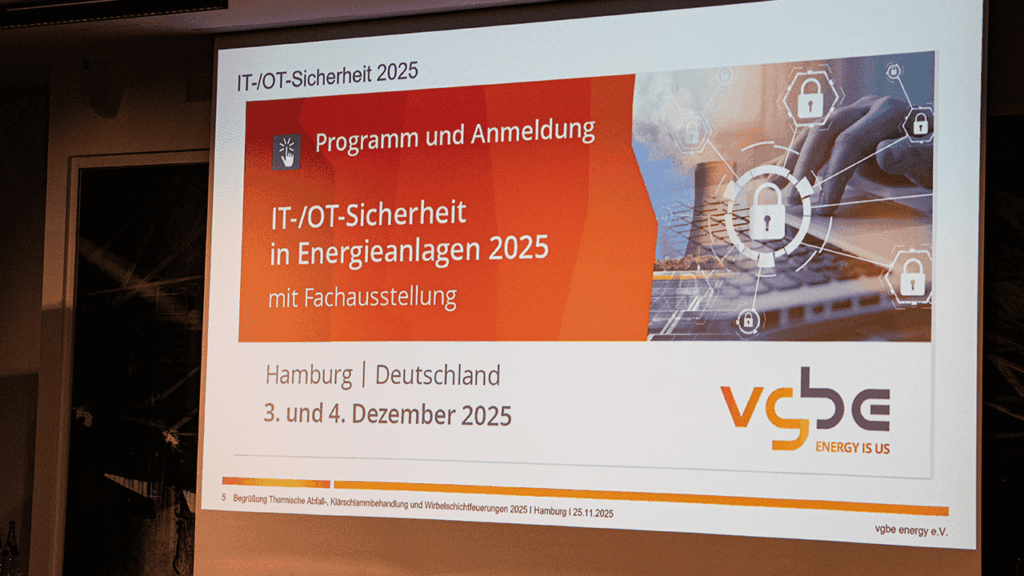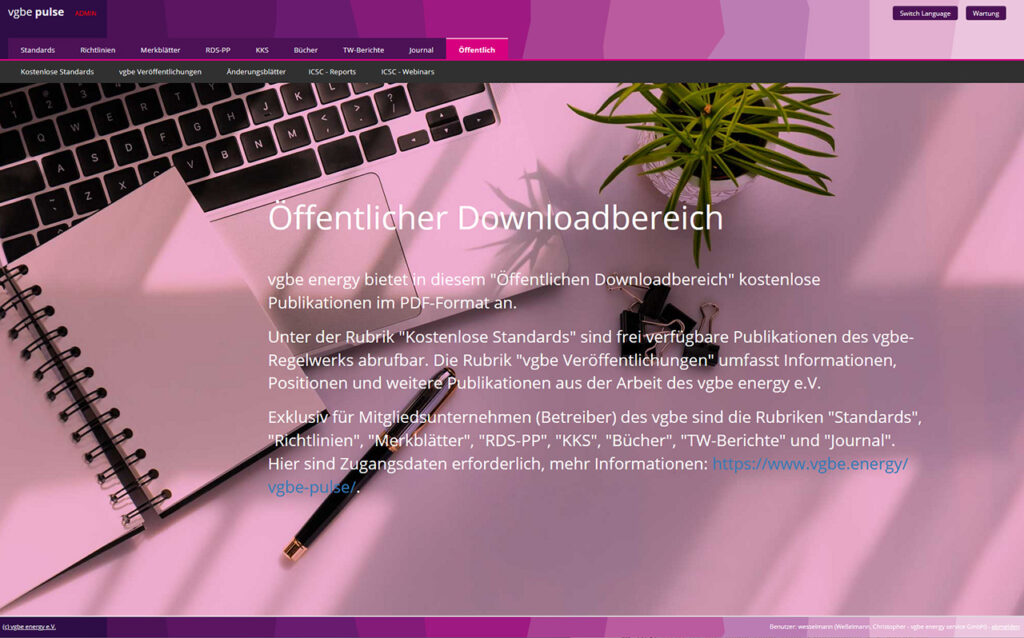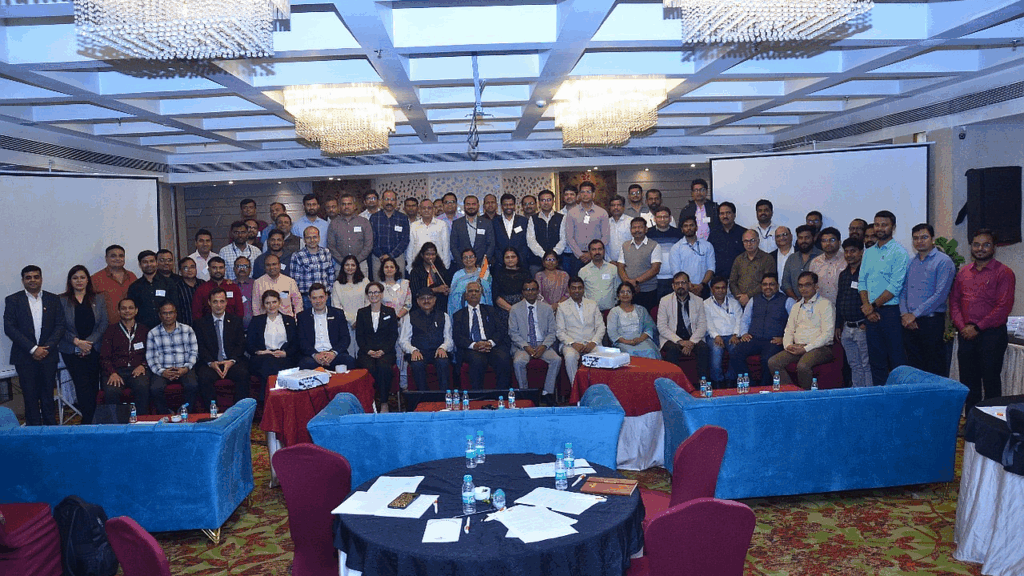North Rhine-Westphalia has the potential to become a leading European market for a future hydrogen economy. The Rhine-Ruhr region in particular is ideally suited to demonstrate how the energy transition can succeed. To showcase how the shift from a fossil-based to a renewable energy system can work —
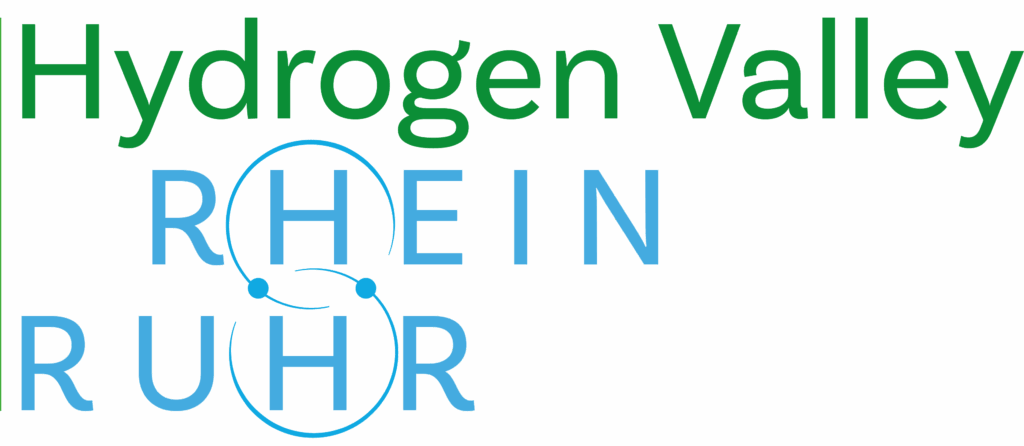
and the central role hydrogen will play — the six leading hydrogen networks in the Rhine and Ruhr areas joined forces. On 23 April 2025, they submitted a funding application under the name H2Valley RheinRuhr (H2V RR). The initiative is coordinated by vgbe energy, with support from the NRW state government and over 50 stakeholders, aiming to establish a showcase region.
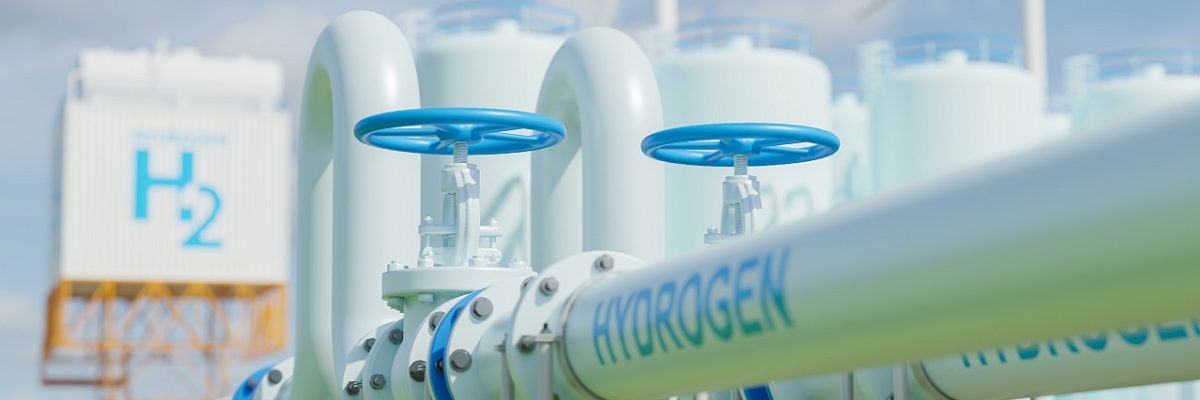
The EU aims to cut greenhouse gas emissions by at least 55 percent by 2030 compared to 1990 levels. In addition to expanding renewable energy use, the European Commission supports the ramp-up of a hydrogen economy. To foster this, so-called “Hydrogen Valleys” are being developed to demonstrate how hydrogen-based energy supply can function across Europe in the future.
Although the Rhine-Ruhr region offers outstanding conditions, it is not yet designated a Hydrogen Valley — something this project aims to change. A total of 33 project partners from industry, research, municipalities, and civil society — including six leading H2 initiatives from North Rhine-Westphalia and 18 associated partners from eight countries — have jointly submitted a funding application in Brussels. The application seeks €20 million in support for a five-year project.
Sebastian Zimmerling of vgbe energy, the coordinator f the proposal based in Essen, explained: “NRW is an energy region. For generations, we’ve handled both energy production and supply for a wide range of users. The many industrial and chemical companies, as well as numerous research institutes, must prepare for a carbon-free future. We want to support them and make the region a pioneer of sustainable energy supply — and that won’t be possible without hydrogen.”
Due to its central location in the heart of Europe and the world’s largest inland port in Duisburg, the Rhineland and Ruhr areas play a crucial role in the emerging global hydrogen economy. Electrolyzers, H2 storage units, and other components can be shipped from here worldwide, and hydrogen imports can be distributed efficiently. H2V RR thus lays the foundation for a coordinated and resilient hydrogen economy in Europe’s largest metropolitan area.
Planned investments include infrastructure with over 100 MW of new electrolysis capacity, multiple hydrogen refueling stations, logistics hubs, and various industrial applications. All these efforts aim to accelerate the development of a comprehensive hydrogen ecosystem in the heart of Europe — from production and logistics to use in industry, mobility, and energy supply.
The implementation of the many planned sub-projects will benefit not only local actors, who will develop and anchor hydrogen projects based on regional strengths. It will also introduce innovative technologies to new stakeholders and encourage additional companies, municipalities, and research institutions to launch concrete projects.
Cross-border synergies — spanning cities, districts, and even federal states — will further reinforce the project. NRW could thereby establish itself both in Europe and internationally as a hydrogen hub and role model for a successful energy transition. The structures established through this project are expected to remain in place after the funding ends, helping the Rhine-Ruhr region maintain its status as a key energy region.
The European Union plans to support such initiatives under its HORIZON funding programme, with a total of €184.5 million available. A corresponding call for proposals was published in mid-January 2025 by the Clean Hydrogen Partnership. By the end of April, 212 applications had been submitted, covering green hydrogen production, H2 storage and distribution, applications in transport, heating, and power generation, as well as the establishment of Hydrogen Valleys.
A key goal of this call is to increase the number of Hydrogen Valleys within the EU. At least one large and one small Hydrogen Valley will be selected and financially supported — provided they meet the eligibility criteria. If H2V RR’s application is successful, the five-year project could launch in spring 2026.
H2V RR brings together, for the first time, the strengths of the six leading hydrogen networks in the Rhine-Ruhr region in a single joint project: Business Metropole Ruhr GmbH, HyCologne – Wasserstoff Region Rheinland e.V., Hydrogen Hub Aachen, H2-Netzwerk-Ruhr e.V., Hy.Region.Rhein.Ruhr e.V., Wasserstoff Hub Rhein-Kreis Neuss / Rheinland e.V.. The initiative is coordinated by vgbe energy e.V., the technical association of energy plant operators based in Essen. On the political side, the consortium is supported by the NRW Ministry of Economic Affairs through the involvement of the state agency NRW.Energy4Climate.
The idea for this joint project originated in 2021 during an initial meeting of the Rhineland hydrogen initiatives with the Rhenish Region’s Future Agency in Jülich and the Ministry of Economic Affairs of North Rhine-Westphalia, which explicitly supported the expansion of the originally Rhineland-focused concept to include the Ruhr area.
